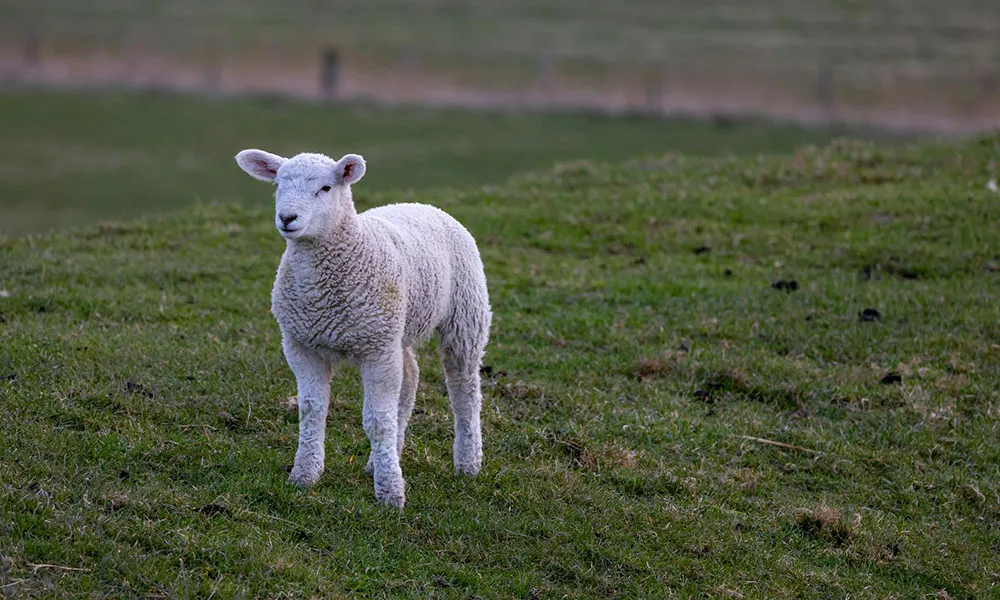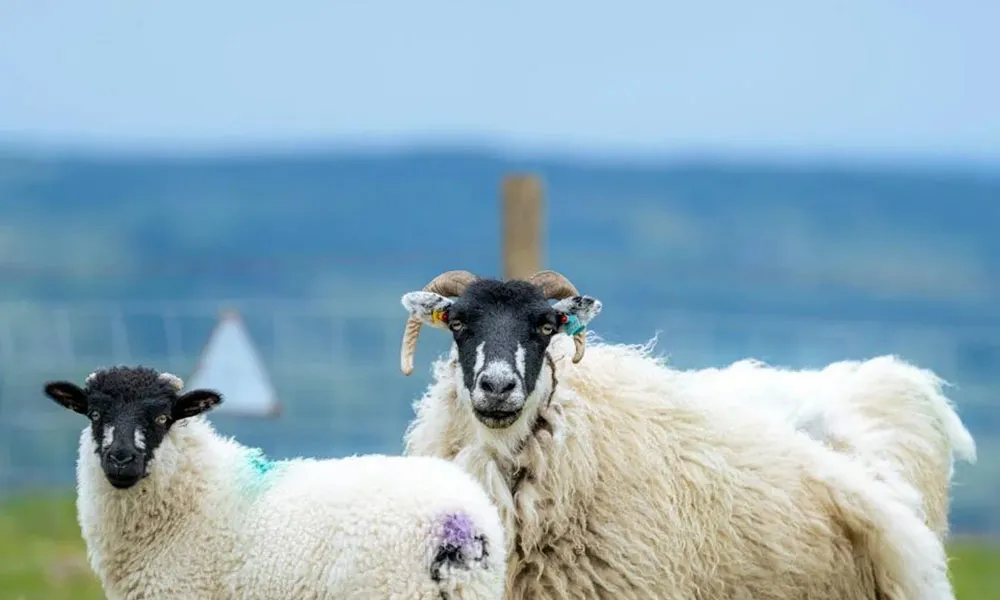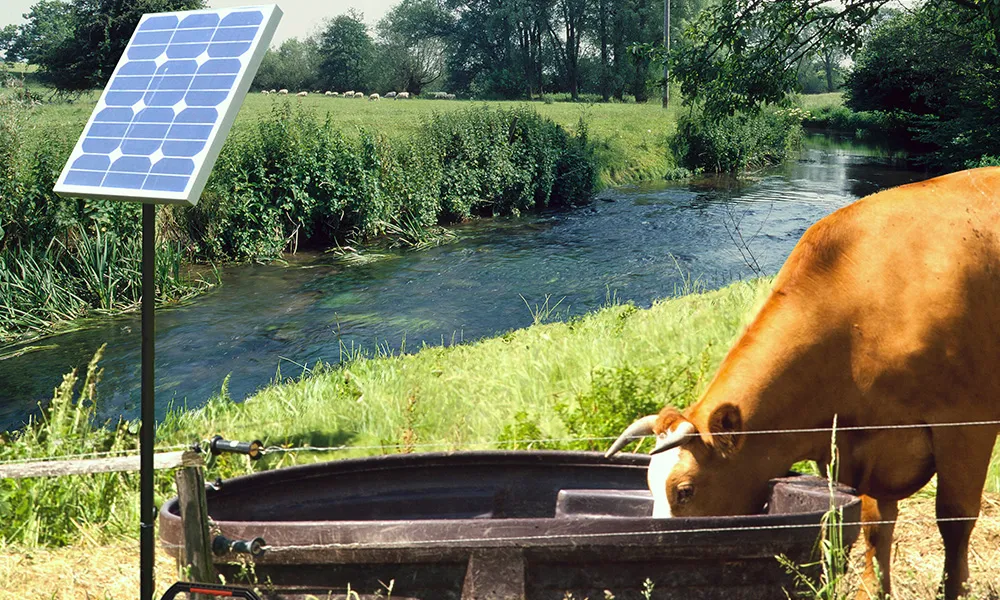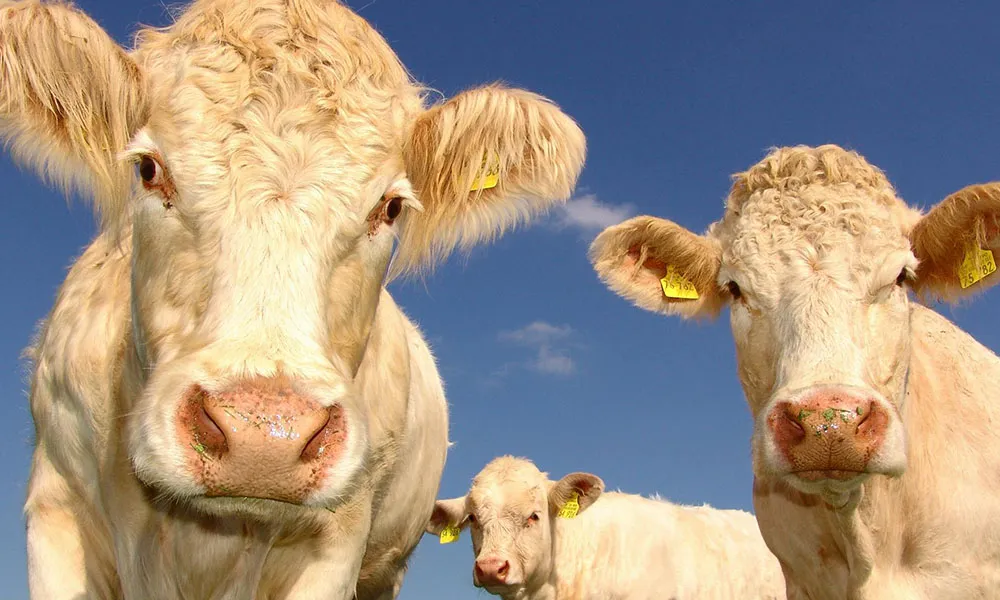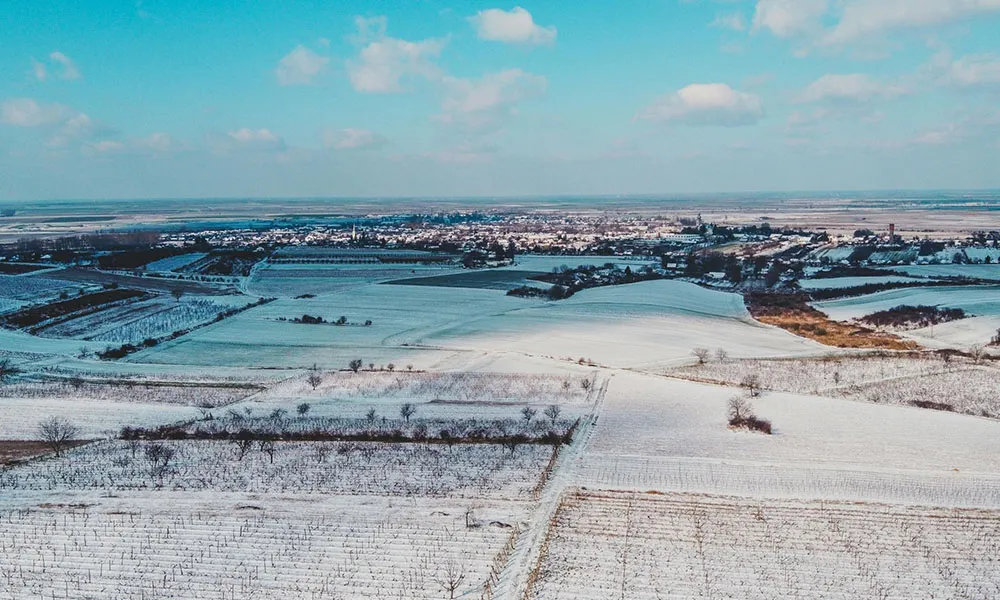
While early November brought unusually mild conditions, it seems that winter has finally arrived. Temperatures over the next week look set to plummet, and we can expect plenty of ground frost as well as freezing fog and wintry showers as we move into December.
The threat of pneumonia
In conditions like these, farmers must inevitably think of the threat of pneumonia. Cold, wet weather always carries the possibility that animals will catch a chill and the risk is greater for some than others. Those with animals indoors have less cause for worry; while sheep farmers must always be more vigilant than those farming cattle.
As any experienced farmer will tell you, it takes very little for a sheep to develop a pulmonary infection. This is particularly true of some of the terminal breeds, which tend to be less hardy and more prone to chills than mountain sheep.
Signs and symptoms
In such conditions, it is essential that animals are seen at least twice daily and that you keep an eye out for the classic symptoms of early onset pneumonia. The earliest symptom of a pulmonary infection is a general dullness and loss of appetite. Infected animals will be less active and alert than usual, often with drooping ears and an apparent inability to cud. Sluggish movements and response times should set alarm bells ringing.
As the condition progresses, fever and coughing are common signs that there is a problem with the lungs. A rectal temperature of over 37.4 degrees may be a strong indicator. You should also watch out for laboured breathing and a thick, whitish discharge from the nose.
Causes of pneumonia
Pneumonia is a term applied to infection of the lung. It is important to remember that it can have multiple causes, and is often a secondary symptom of a primary illness.
In the case of lambs or hoggets, various bacteria, parasites and viruses of the respiratory tract may be responsible for infection developing. In adult sheep, a systemic virus called Ovine Progressive Pneumonia (OPP) is often a contributing factor.
At any rate, there are certain environmental conditions that increase the likelihood of an animal developing pneumonia. As already alluded to above, wintry weather is a major aggravating factor. High stress levels and poor sanitation may also contribute to the development of infection.
Housed animals are not completely safe from infection either, so it is important to pursue a good housing plan. Overcrowded houses can be a hotbed for pneumonia, particularly if ventilation is poor. If you are housing sheep or cattle this winter, make sure that there is always plenty of clean air circulating. Try to keep the dust count as low as possible to avoid pressuring the animals’ lungs.
Treatment
Typically, a vet will recommend a course of antibiotics once a diagnosis of pneumonia is made. These will help in the case of bacterial pneumonia. If infection occurs during cold weather, the animal should be isolated indoors, in a dry, comfortable space and given plenty of good feed and access to water.
If they begin to recover, their appetite will return.
Prevention
There is no sure way of preventing animals from contracting pneumonia. However, it is very important that animals are in good physical condition at this time of year. Healthy, well-fleshed animals are far more likely to survive a pulmonary infection than thin, weak ones.
Therefore, ensure that outdoor animals have access to adequate food. Grass at this time of year is insufficient to sustain an animal’s health, so all outdoor livestock should be getting a healthy portion of meal to supplement their diet. Winter grass also has low nutritional value, so it is no harm to dose with a mineral supplement if you suspect that animals are deficient in vitamins, minerals and trace elements. This will give them the best possible chance of fighting off disease.





